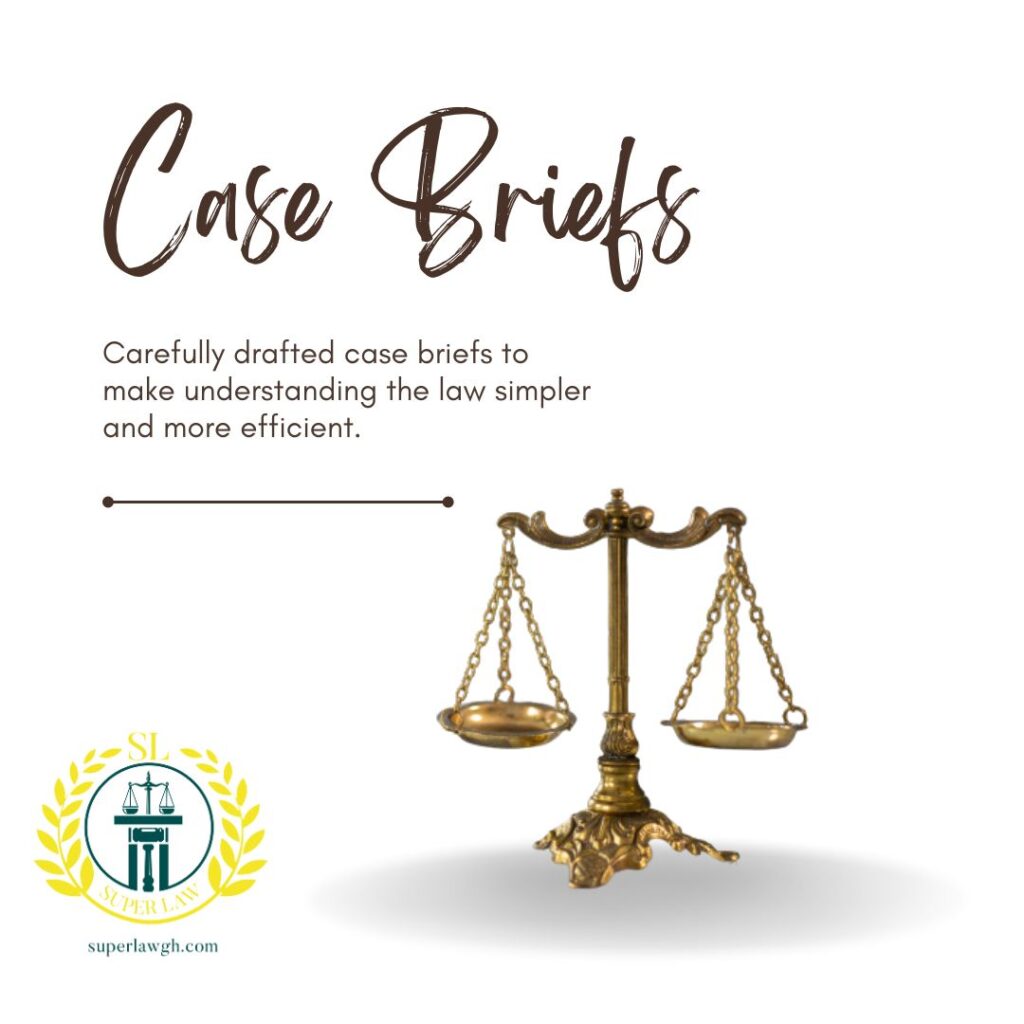
Liberian former chief justice Gloria Musu-Scott and three other family members have been found guilty of murder.
After a gruelling five-months trial, the jury in the trial of Liberian former chief justice Gloria Musu-Scott reached its verdict on 21 December, finding Musu-Scott and three other family members guilty of murder. The four women were also found guilty of conspiracy and raising a false alarm to law enforcement officers.
The four were arrested and indicted in June 2023 in connection with the death of Charlotte Musu, the niece of the former chief justice.
According to the indictment, on the evening of 22 February 2023 retired judge Musu-Scott, Gertrude Newton, Alice Johnson and Rebecca Youdeh Wisner armed themselves with a sharp instrument believed to be a knife, and pepper spray.
‘They wilfully, intentionally, purposely and maliciously inflicted several bodily injuries on Charlotte Musu, leading to her death and thereby committing the crime of murder,’ according to the indictment.
Musu-Scott had insisted intruders attacked her residence and killed her niece.
Musu-Scott served as chief justice in Liberia from 1997 until 2003.
Judicial reform needed
Despite the defendants’ denial, the jurors came down with the guilty verdict after a careful review of the arguments from both the prosecution and defence lawyers.
“The justice system is seriously challenged, and all this is due to poverty. People with no means of income are randomly selected to serve as jurors and promised a huge amount of money to influence their judgment. It’s a challenge to the rule of law,” says Frances Johnson-Allison, one of Musu-Scott’s lawyers, who also served as chief justice of Liberia’s Supreme Court from 1996-1997.
She tells The Africa Report she believes such a verdict signals an urgent need for judicial reforms, questioning the competency of the jurors.
“In this case, there were many inconsistencies which should have operated in favour of the defendants, but again, the jurors didn’t follow the proceedings critically,” she says.
Overwhelming evidence
Despite the claims of jury tampering, prosecuting lawyer Lafayette B. Gould Sr. insists the evidence was sufficiently overwhelming to convict the defendants.
“As one of the drafters of the indictment, my opinion was that people committed a crime and I was under obligation to present a piece of evidence to a panel of jurors to decide whether my case was right, so the jurors did exactly what the law required,” he tells The Africa Report.
Thursday’s verdict brought mixed feelings among Liberians, who have followed the proceedings avidly since it was reported that intruders had attacked the residence of the former chief justice and killed her niece.
“I went into the case and it cost me a lot, but I said that justice must be served because I believe that something went wrong and the people who did the wrong were the people on trial,” says Gould.
Pushing for a new trial
The guilty verdict means life sentences for the former chief justice and the three other defendants unless they obtain relief from the Supreme Court of Liberia, to which they have appealed.
“We are resisting the verdict, and we are going to file a motion for a new trail in the coming weeks,” says defence lawyer Johnson-Allison.
Gould says resistance by the defence is normal.
“They have the right to file a motion for a new trial, and the judge will review their motion and if he is not satisfied with the issues raised he can dismiss the motion and move toward sentencing the defendants. At this point they can seek redress before the Supreme Court,” he indicates.
Senator Gblebo-Bo Brown is a member of parliament who has closely followed the case.
“We want justice, and we want to establish who the actual killers of this girl are,” Brown tells The Africa Report.
The case has taken a political twist as several hierarchies of the incoming Unity Party administration have accused the George Weah administration of prosecuting the wrong people.

